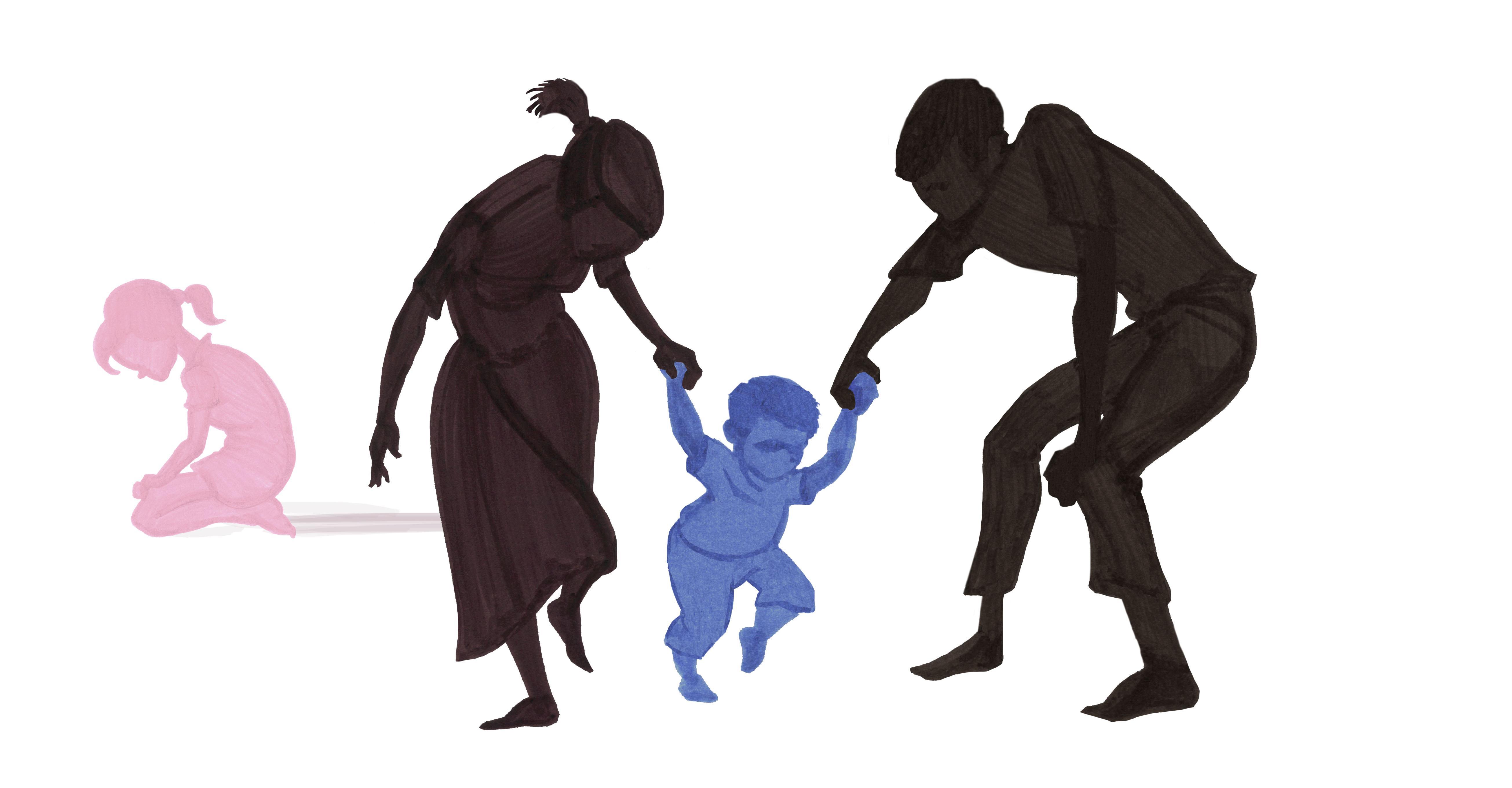
photo: threechinguz.wordpress.com
Female Infanticide: Here’s 5 Things You Should Know
By Jamie RolloApril 22 2019, Published 8:39 p.m. ET
Female infanticide is the practice in which parents abort or kill their infant daughters due to a widespread, cultural male preference. Male preference, sadly, is still highly prevalent in countries in North Africa and Asia, leading to skewed rates of males and females. Here are five things you should know about female infanticide:
1. It’s been reported that 117 million girls went “missing” due to infanticide.
According to a study conducted by the Asian Center for Human Rights, millions of girls are reported missing. This is seen in skewed sex ratios at birth. Liechtenstein was ranked as number one with the most skewed birth rates with 126 males to 100 female births. China follows as second with 115 male births to 100 female.
2. It is sometimes referred to as “gendercide”.
In countries where female infanticide is prevalent, there is already an extreme cultural bias towards females in general. For example, in India where “gendercide” is a huge epidemic (ranking fourth for most skewed birth rates) females are seen as a large economic burden. Families also are required to pay a “dowry” to their daughter’s husband’s family when they get married. Additionally, it is typical in their culture for the son to care for his elderly parents physically and financially. These two cultural practices are commonplace among South-East Asian countries.
In China, however, the earning power of males is much higher than females, so there is also a sense that females are somewhat of an economic burden. Combine these aspects with single or two-child policies due to overpopulation, and you see a spike in female infanticide.
3. There are many laws put in place to prevent it, but sometimes they only make matters worse.
Countries like India and China have tried to put an end to female infanticide. For example, in China, there has been multiple laws passed since 1994 to prohibit sex identification of a fetus and sex selective abortions. Additionally, in India, they have put multiple laws in act to prevent even the purchase of ultrasound machines that can identify the sex of the fetus.
But, sometimes cracking down leads to even worse consequences. In an article for India’s national newspaper, The Hindu, author Radha Venkatesan explains the new and terrible measures impoverished mothers were taking to get rid of their daughters. As one woman confessed to the publication, “As the police hound us, we are now forced to kill babies in novel ways.” That specific woman killed her child with tobacco juice. Another method mentioned was feeding infants hot, spicy chicken soup which kills them. When officials come to the village, they just say the child was sick and needed the soup.
4. There are growing consequences.
Other than the growing number of female infant deaths, the culture of female infanticide has its negative effects to communities as a whole. For one, there has been an uptick in human trafficking and general violence against women. In countries with a proportionally higher male population, there was a rise in crime and violence. This includes human trafficking in the form of bride purchasing and kidnapping.
Overall, there are less females for the surplus of boys to marry – something that is a must-have to keep social status. The Prime Minister of India, Narendra Modi, had said “I want to ask you if girls are not born, where will you get your daughters-in-law from?”, when launching his campaign “Beti Bachao-Beti Padhao” (“Save girl child, education girl child”).
5. Throughout history, female infanticide was seen as beneficial.
It is no shock that historically, females have been marked as less-than males. Female infanticide was always seen as a way to prevent over population, poverty, and starvation. Additionally some religions support male preference notions. For example, Confucianism, which is deep-rooted in Chinese culture, indirectly praises male children and makes them out to be more desirable, as they provide security, are able to work, and within the religion are important for the performance of ancestral rites.

